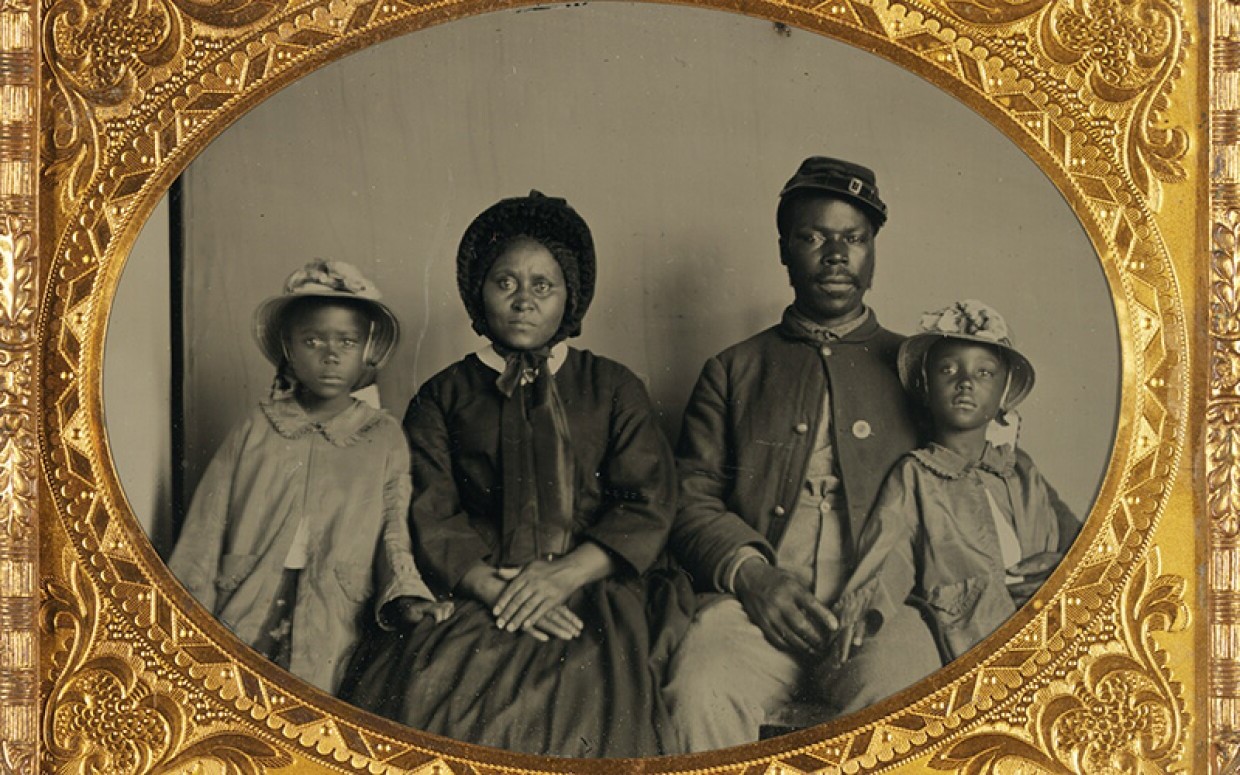
Ever wondered what life was like in 1870? This year marked a turning point in history, filled with significant events and fascinating facts. From groundbreaking inventions to pivotal moments in politics, 1870 was a year of change and progress. Did you know the first transcontinental railroad was completed in the United States? Or that the Franco-Prussian War reshaped Europe? In this blog post, we'll dive into 24 intriguing facts about 1870 that will transport you back in time. Whether you're a history buff or just curious, these tidbits will give you a glimpse into a world very different from today. Buckle up and get ready to explore!
The Year 1870: A Snapshot
The year 1870 was a pivotal time in history, marked by significant events and developments. From political changes to scientific advancements, this year had it all. Let's dive into some fascinating facts about 1870.
- The Franco-Prussian War began in July 1870, leading to the eventual unification of Germany.
- The 15th Amendment to the United States Constitution was ratified, granting African American men the right to vote.
- The Metropolitan Museum of Art in New York City was founded, becoming one of the world's largest and finest art museums.
- The first transcontinental railroad in the United States was completed, revolutionizing travel and commerce.
- The British Red Cross was established, providing humanitarian aid and medical assistance during conflicts and disasters.
Political Shifts and Conflicts
Political landscapes around the world saw significant changes in 1870. Wars, treaties, and new laws shaped nations and their futures.
- The Franco-Prussian War led to the fall of the Second French Empire and the rise of the Third French Republic.
- Italy captured Rome, completing the unification of Italy and making Rome its capital.
- The Kingdom of Prussia emerged as a dominant force in Europe, setting the stage for the German Empire's formation in 1871.
- The United States saw the first African American senator, Hiram Rhodes Revels, take office.
- The British Parliament passed the Elementary Education Act, making education compulsory for children aged 5 to 13.
Scientific and Technological Advancements
1870 was a year of remarkable progress in science and technology. Innovations and discoveries during this time laid the groundwork for future advancements.
- Dmitri Mendeleev published the first periodic table of elements, organizing chemical elements based on their atomic number.
- The first successful trial of the pneumatic subway in New York City took place, showcasing a new mode of urban transportation.
- The construction of the Brooklyn Bridge began, which would later become an iconic symbol of engineering prowess.
- The first weather map was published in The Times of London, marking a significant step in meteorology.
- Louis Pasteur developed the germ theory of disease, revolutionizing medicine and public health.
Cultural Milestones
Cultural developments in 1870 had a lasting impact on art, literature, and society. These milestones reflect the era's creativity and intellectual growth.
- Charles Dickens published his final novel, "The Mystery of Edwin Drood," which remained unfinished due to his death.
- The first official game of rugby was played in England, establishing the sport's rules and traditions.
- The Metropolitan Museum of Art in New York City opened its doors, enriching the cultural landscape of the United States.
- The first postcards were issued in the United Kingdom, changing the way people communicated.
- The Royal Albert Hall in London was inaugurated, becoming a premier venue for concerts and events.
Social Changes and Movements
Social movements and changes in 1870 addressed issues of equality, education, and public welfare. These efforts aimed to improve the quality of life for many.
- The Women's Suffrage Movement gained momentum in the United States, advocating for women's right to vote.
- The British Red Cross was founded, providing crucial humanitarian aid during conflicts and disasters.
- The first kindergarten in the United States was established in Watertown, Wisconsin, promoting early childhood education.
- The Temperance Movement, which aimed to reduce alcohol consumption, gained significant support in the United States and Europe.
The Last Word on 1870
1870 was a year packed with significant events and remarkable milestones. From the Franco-Prussian War shaping European politics to the establishment of the Metropolitan Museum of Art in New York, this year left an indelible mark on history. The world saw the first use of postcards, the birth of the Red Cross, and the completion of the first transcontinental railroad in the United States. These events not only influenced the course of history but also laid the groundwork for many modern developments. Understanding these facts gives us a clearer picture of how far we've come and the pivotal moments that have shaped our present. So, next time you think about the past, remember 1870 and its lasting impact. It’s a year worth knowing about, full of stories that continue to resonate today.
Was this page helpful?
Our commitment to delivering trustworthy and engaging content is at the heart of what we do. Each fact on our site is contributed by real users like you, bringing a wealth of diverse insights and information. To ensure the highest standards of accuracy and reliability, our dedicated editors meticulously review each submission. This process guarantees that the facts we share are not only fascinating but also credible. Trust in our commitment to quality and authenticity as you explore and learn with us.


